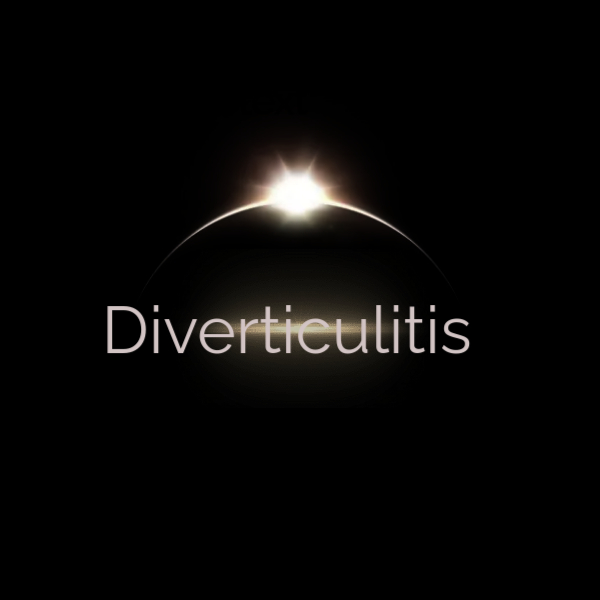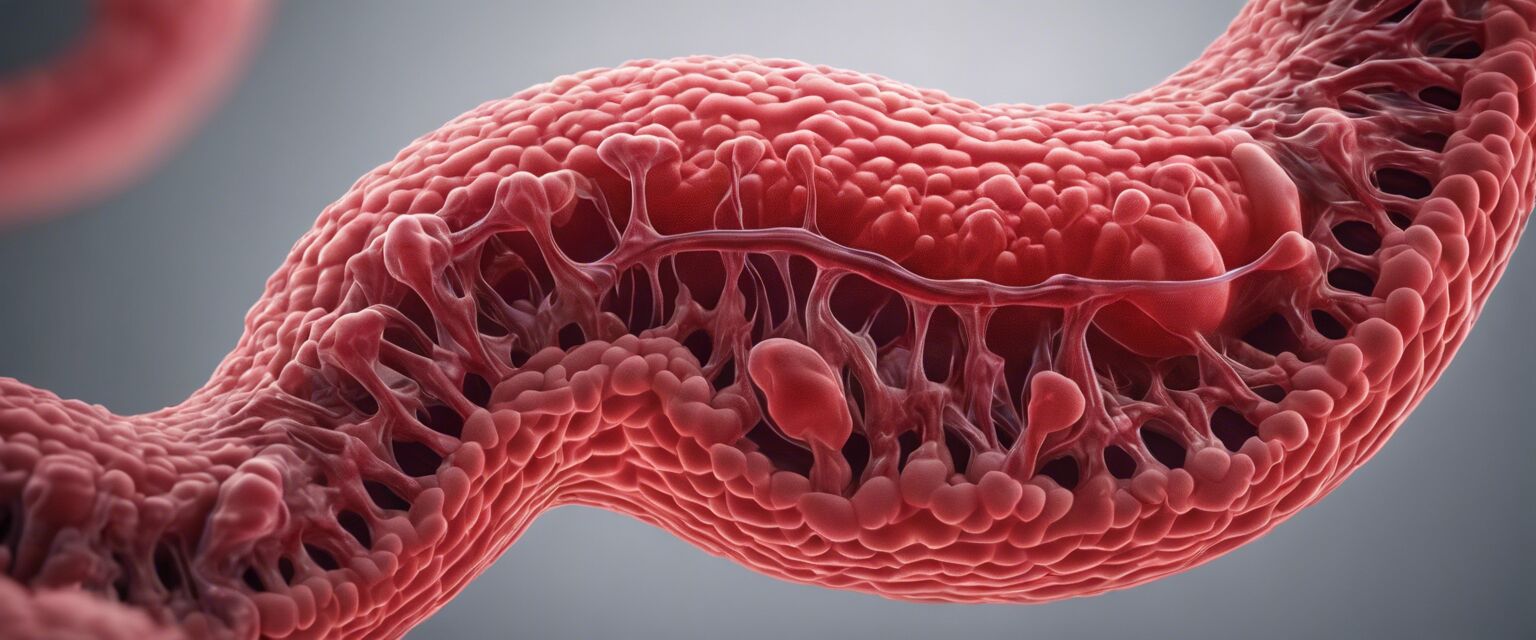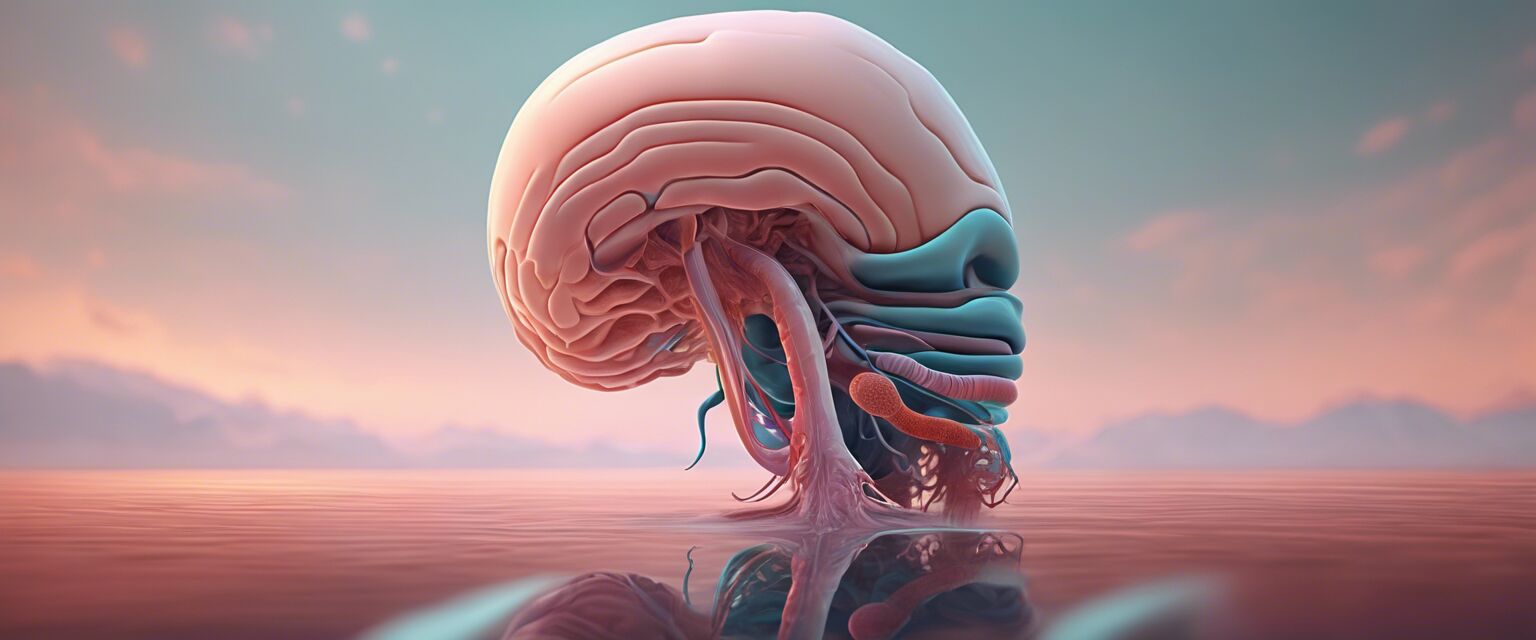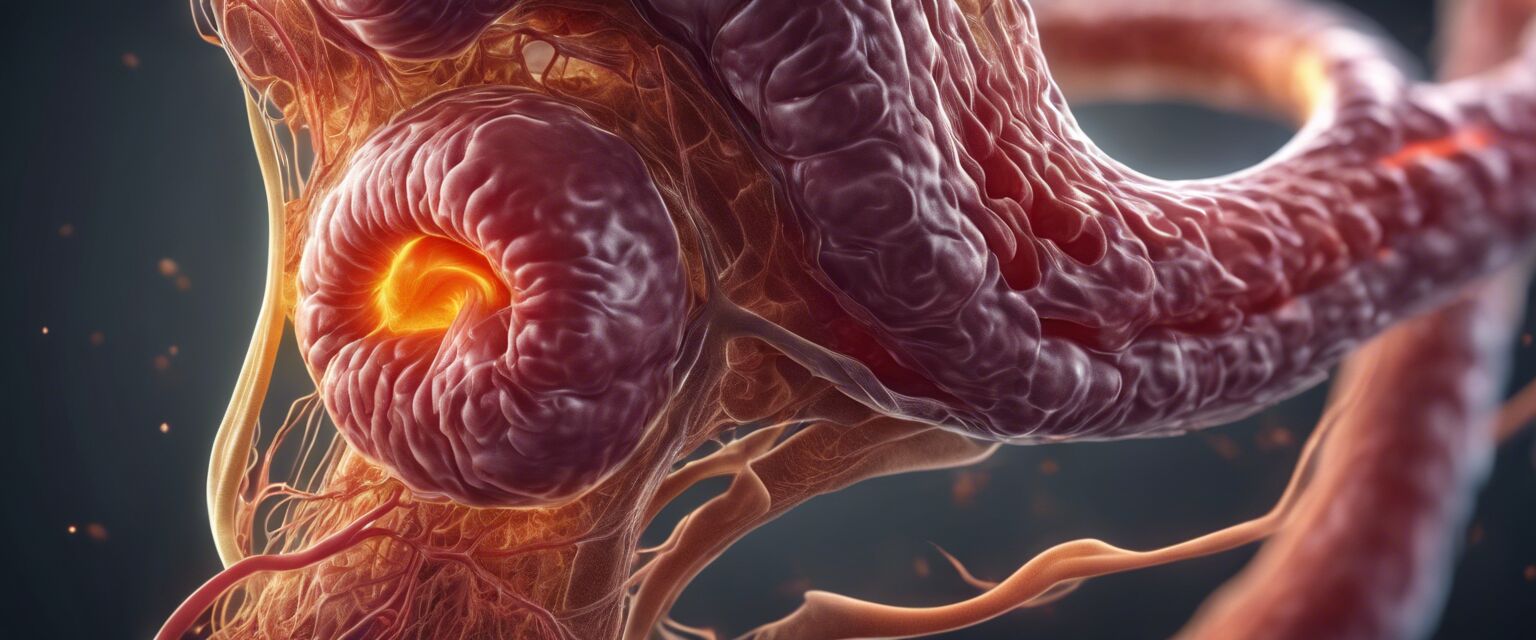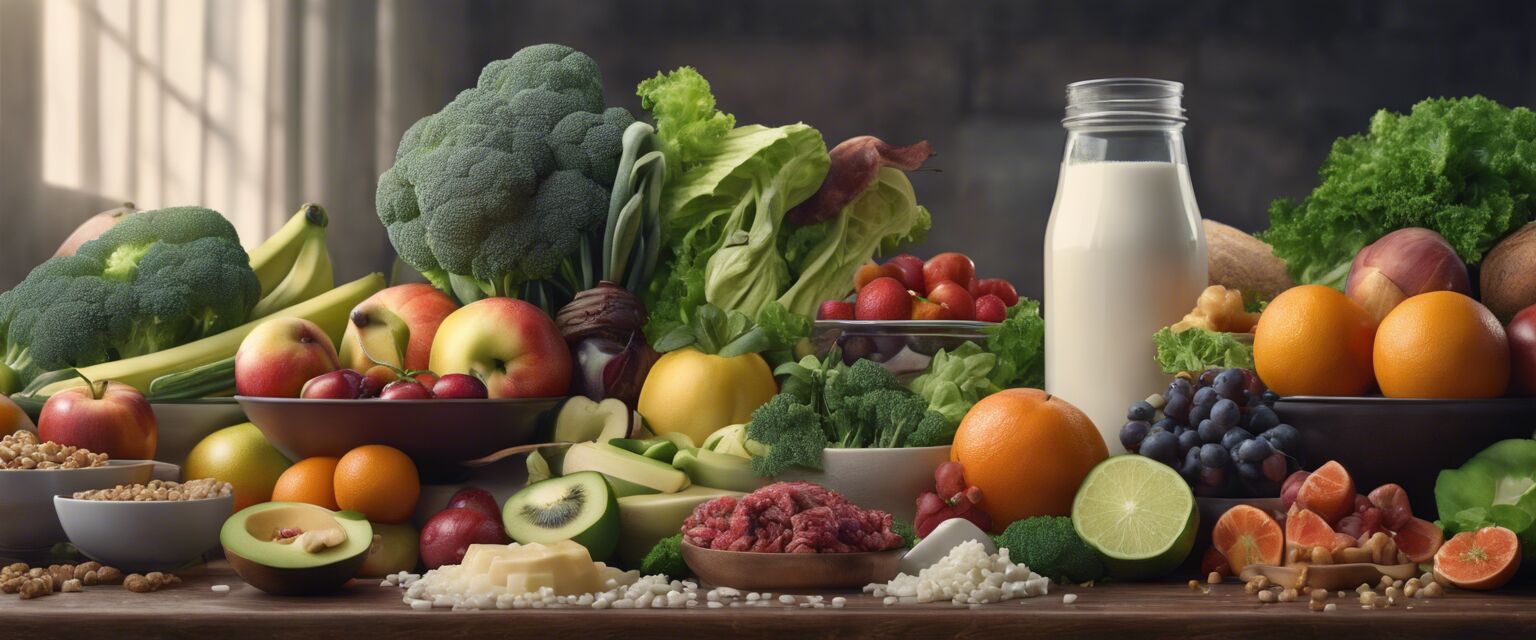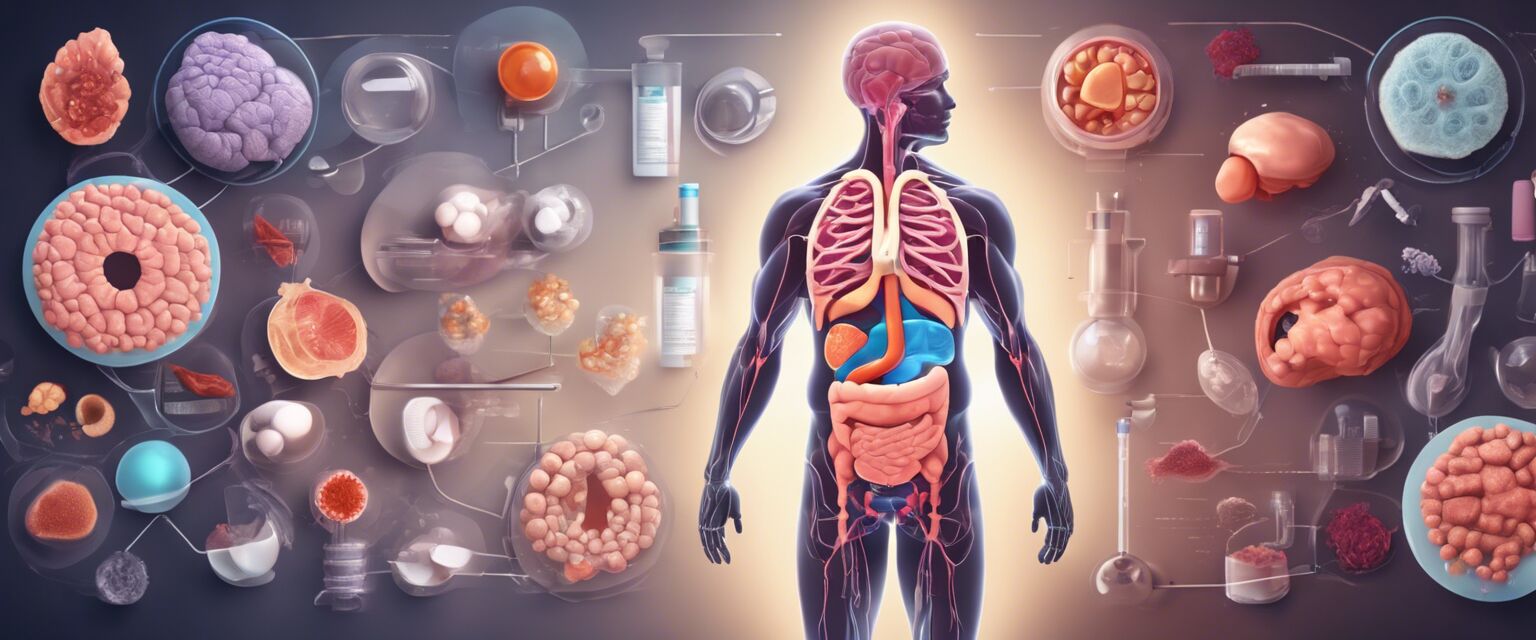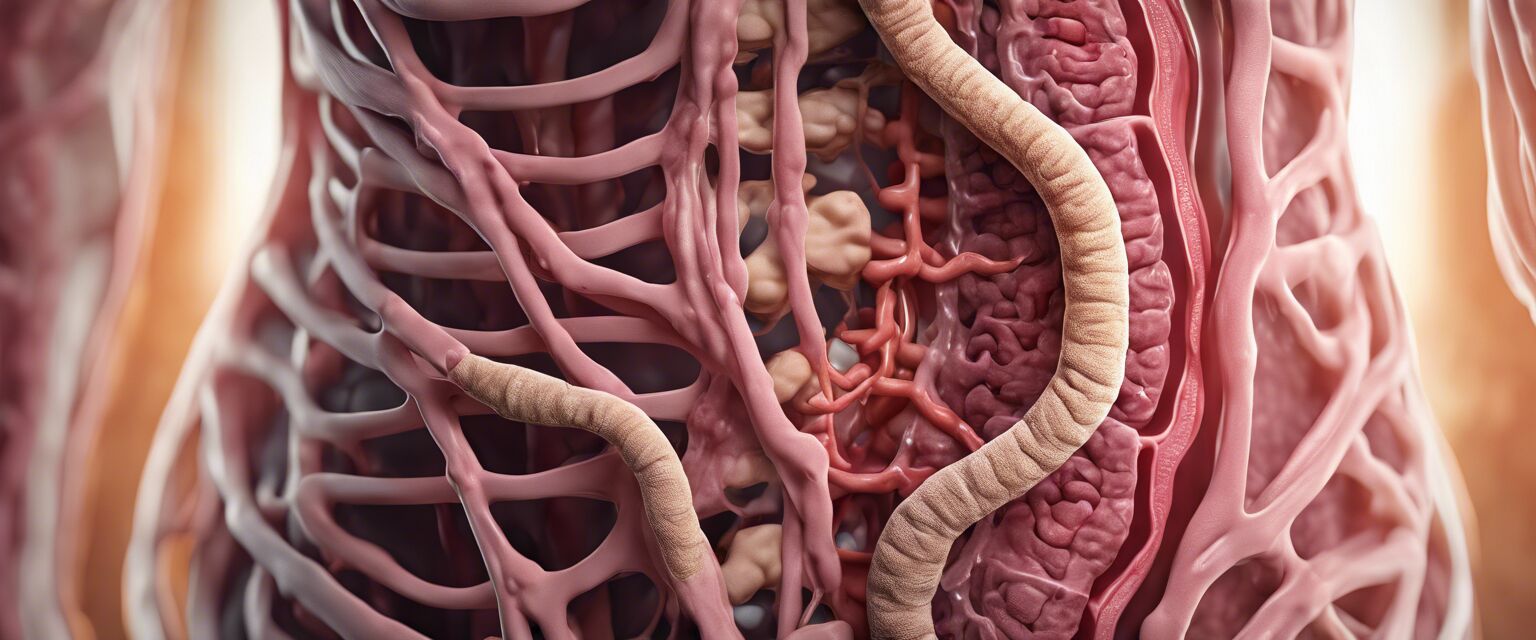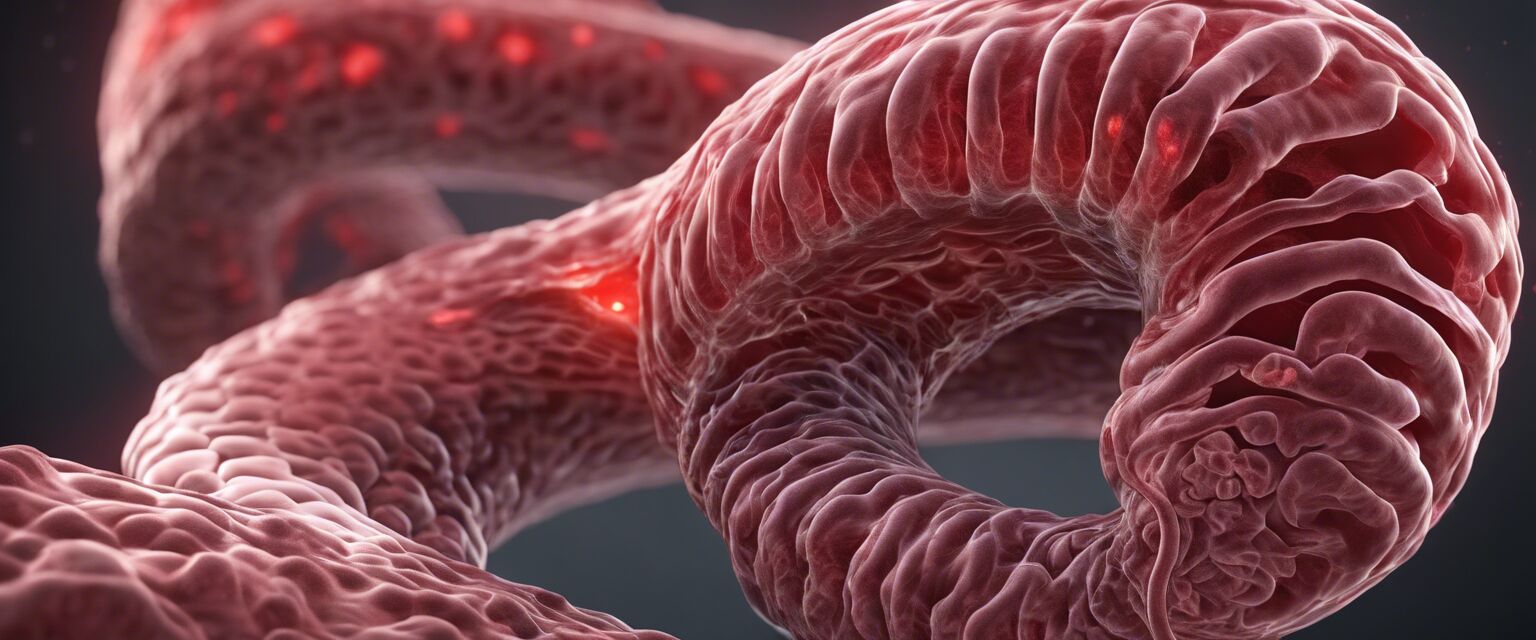
Causes of Diverticulitis
Diverticulitis is a common condition that affects the large intestine, causing small pouches to form in the wall of the colon. While the exact cause of diverticulitis is still unknown, research has identified several potential causes and risk factors.
Key Takeaways
- Aging is a significant risk factor for diverticulitis
- A diet low in fiber and high in processed foods may contribute to diverticulitis
- Obesity, physical inactivity, and smoking may increase the risk of diverticulitis
- Certain medications, such as NSAIDs and steroids, may increase the risk of diverticulitis
Risk Factors for Diverticulitis
Several factors can increase the risk of developing diverticulitis. These include:
| Risk Factor | Description |
|---|---|
| Aging | The risk of diverticulitis increases with age, especially after the age of 40 |
| Diet | A diet low in fiber and high in processed foods may contribute to diverticulitis |
| Obesity | Being overweight or obese may increase the risk of diverticulitis |
| Physical Inactivity | A lack of physical activity may contribute to diverticulitis |
| Smoking | Smoking may increase the risk of diverticulitis |
| Medications | Certain medications, such as NSAIDs and steroids, may increase the risk of diverticulitis |
Diet and Diverticulitis
A diet low in fiber and high in processed foods may contribute to diverticulitis. A high-fiber diet, on the other hand, may help reduce the risk of diverticulitis.
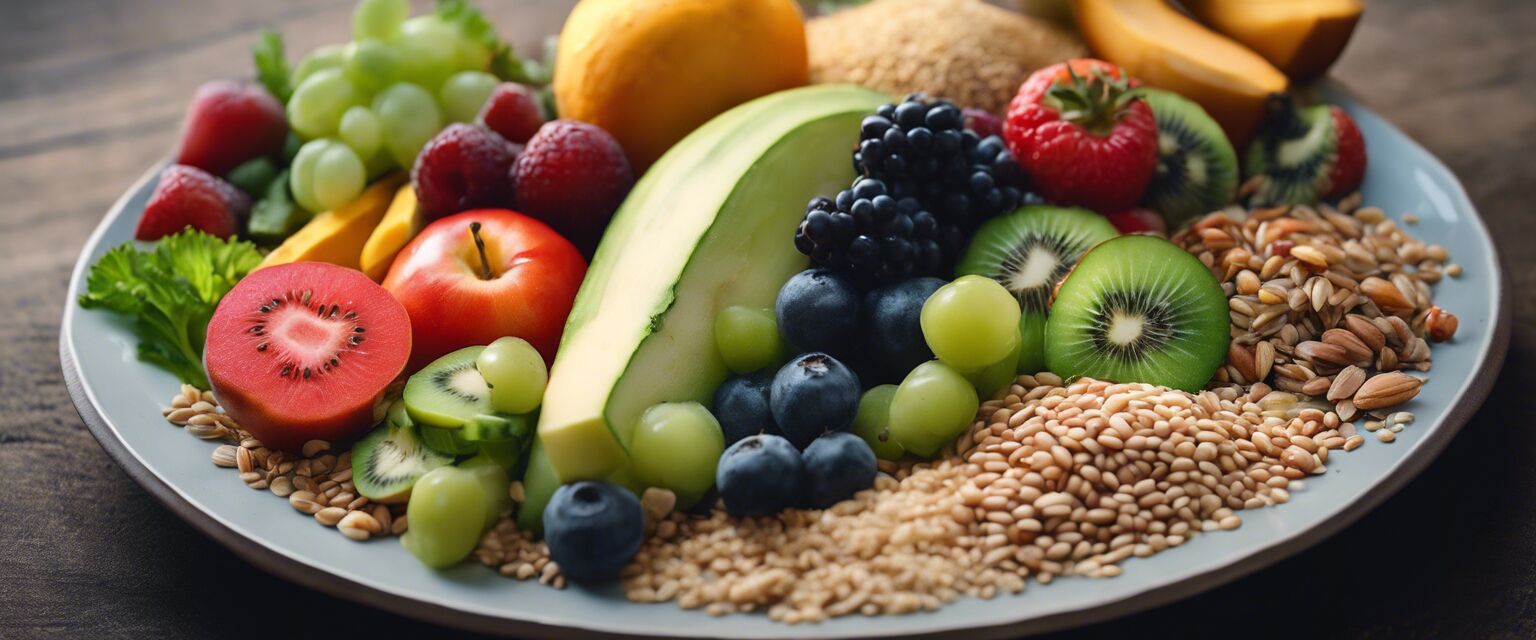
Some high-fiber foods that may help reduce the risk of diverticulitis include:
- Fruits, such as apples and bananas
- Vegetables, such as broccoli and carrots
- Whole grains, such as brown rice and quinoa
- Legumes, such as beans and lentils
Learn more about Specialized Diet Plans that may help manage diverticulitis.
Lifestyle Changes to Reduce the Risk of Diverticulitis
In addition to a high-fiber diet, there are several lifestyle changes that may help reduce the risk of diverticulitis. These include:
- Regular exercise, such as walking or jogging
- Quitting smoking
- Maintaining a healthy weight
- Managing stress through techniques, such as meditation or deep breathing
Learn more about Stress Management Tools that may help reduce the risk of diverticulitis.
Other Potential Causes of Diverticulitis
In addition to diet and lifestyle factors, there are several other potential causes of diverticulitis. These include:
| Potential Cause | Description |
|---|---|
| Genetics | Having a family history of diverticulitis may increase the risk of developing the condition |
| Constipation | Constipation may increase the pressure on the colon, leading to diverticulitis |
| Weakened Colon Muscles | Weakened colon muscles may contribute to diverticulitis |
Conclusion
While the exact cause of diverticulitis is still unknown, research has identified several potential causes and risk factors. By making lifestyle changes, such as eating a high-fiber diet and exercising regularly, individuals may be able to reduce their risk of developing diverticulitis.

Learn more about Hydration Solutions and Digestive Health Supplements that may help manage diverticulitis.
Understanding the Causes of Diverticulitis
- May help individuals take preventative measures
- May help individuals manage symptoms
Complications of Diverticulitis
- May lead to serious complications, such as abscesses or perforations
- May require surgery
Beginners Section
- Consult with a healthcare professional if you experience symptoms of diverticulitis
- Make lifestyle changes, such as eating a high-fiber diet and exercising regularly
- Consider taking Digestive Health Supplements

